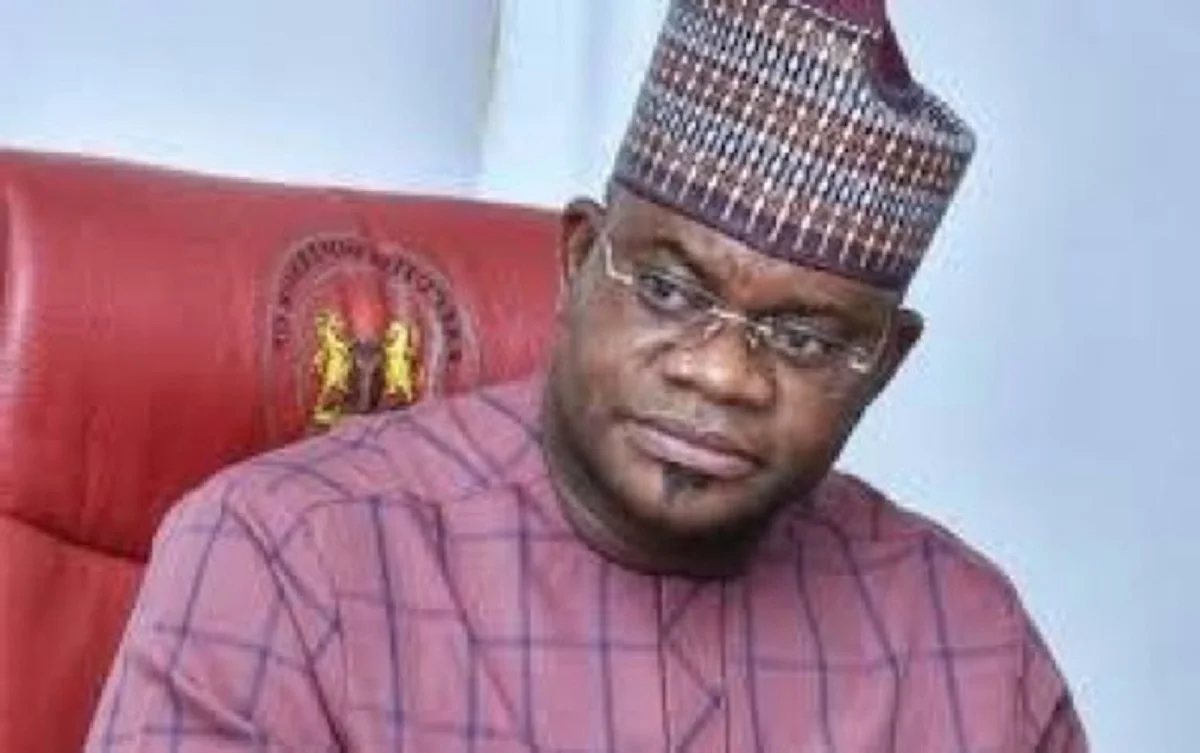The case against Yahaya Bello, the immediate-past governor of Kogi State, was launched against him by the Economic and Financial Crimes Commission (EFCC). On Thursday, an Abuja Federal High Court set April 23 as the date for a verdict in the matter.
Following arguments submitted by Abdulwahab Mohammed (SAN) for the ex-governor and Kemi Pinheiro (SAN) for the EFCC, Justice Emeka Nwite set the date for the oral application.
Despite a 19-count money laundering charge being filed against him, the former governor was conspicuously absent from court when the matter was summoned for his arraignment.
Nonetheless, Adeola Adedipe, SAN, and the rest of his legal team were present in court.
By arguing that the court did not have the authority to both hear the case and issue the arrest warrant, Mohammed, who had previously publicized Bello’s attendance, cast doubt on the validity of the charge.
He let the court know that someone had already filed a preliminary objection challenging that very thing.
In his motion to overturn the arrest warrant, Bello’s attorney cited a February 9 ruling by the Kogi State High Court that barred the anti-graft agency from taking any action against his client, including arrest, detention, or prosecution.
He explained that the EFCC was involved in the case and that the decision was based on a basic rights petition brought by the previous governor.
Also involved, he said, were two top attorneys for the anti-graft agency who were handling the current case.
Mohammed stated that the EFCC had already scheduled a hearing at the Court of Appeal to contest the order.
The arrest warrant, he emphasized, was an effort to force the court to go head-to-head with the Appeal Court.
Given the appeal, Bello’s attorney contended that the charge should never have been filed because the question of jurisdiction was a prerequisite that the court must resolve first.
Mohammed informed the court that he did not have the authority to accept the charge on behalf of Bello, in contrast to Pinheiro’s argument that he should be served with the document in open court because he was Bello’s attorney.
In his view, the Commission should legally request to have the charge served on Bello so that he could react if personal service was not possible.
Furthermore, he maintained that they had not yet been served with their opposition to the entire allegation and the arrest warrant based on lack of jurisdiction.
Nevertheless, Mohammed’s submission was rejected by the EFCC’s attorney.
The matter was scheduled for Bello’s arraignment, according to Pinheiro, and Mohammed, who had already announced his appearance on behalf of the ex-governor, might be served in open court so the proceedings could continue.
Substituted service will be decided upon on May 23, the court has adjourned.
In spite of a continuing decision by a Kogi High Court preventing the Commission from apprehending, holding, or charging Bello, Justice Nwite had issued an arrest warrant for him on Wednesday.
The ex-governor was also required by the court to appear for his arraignment.
